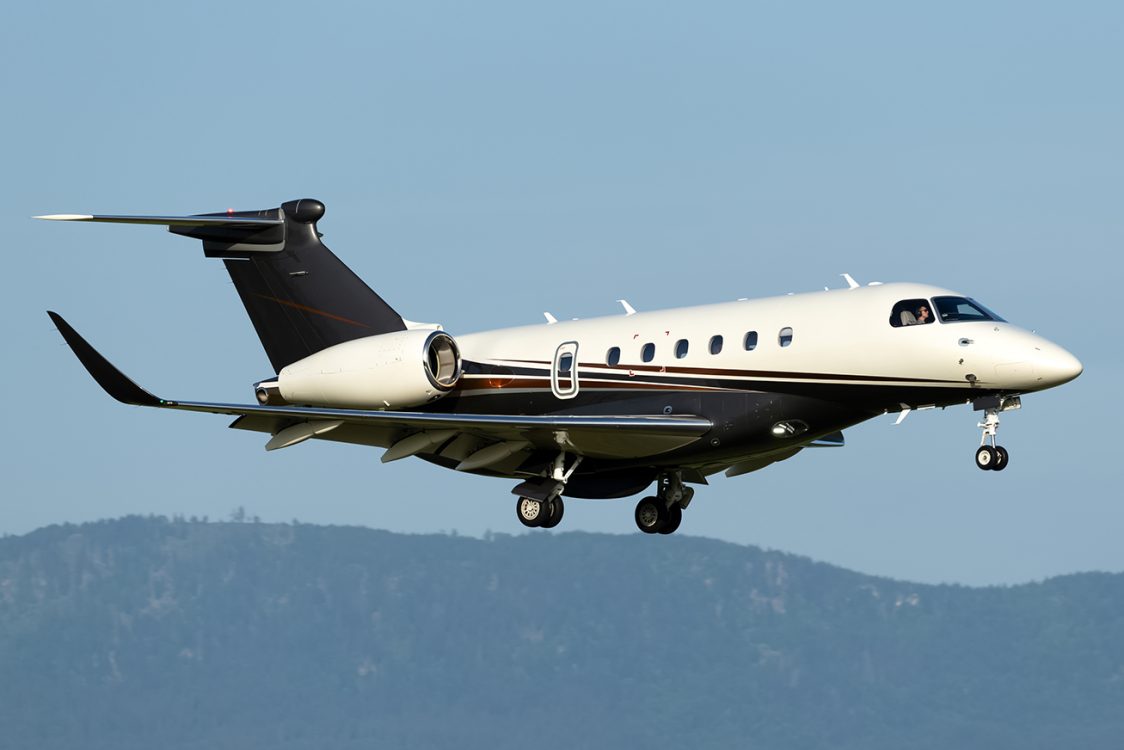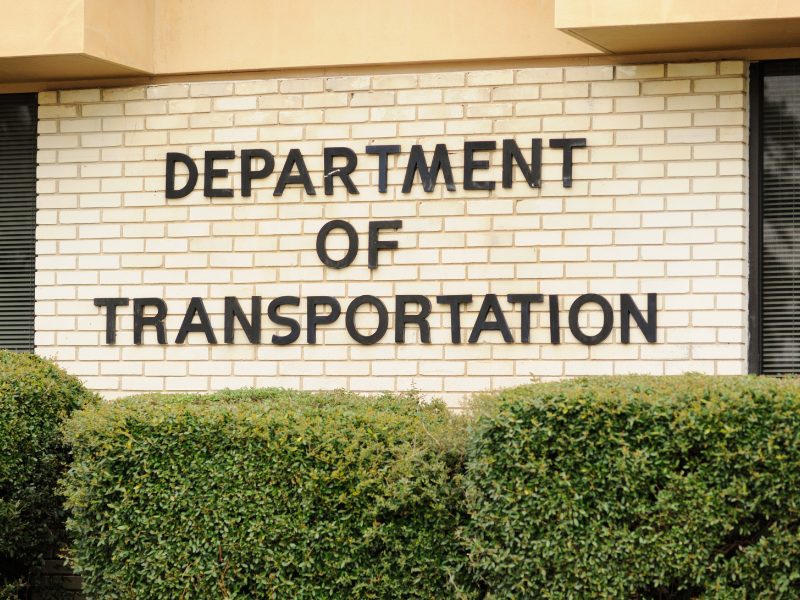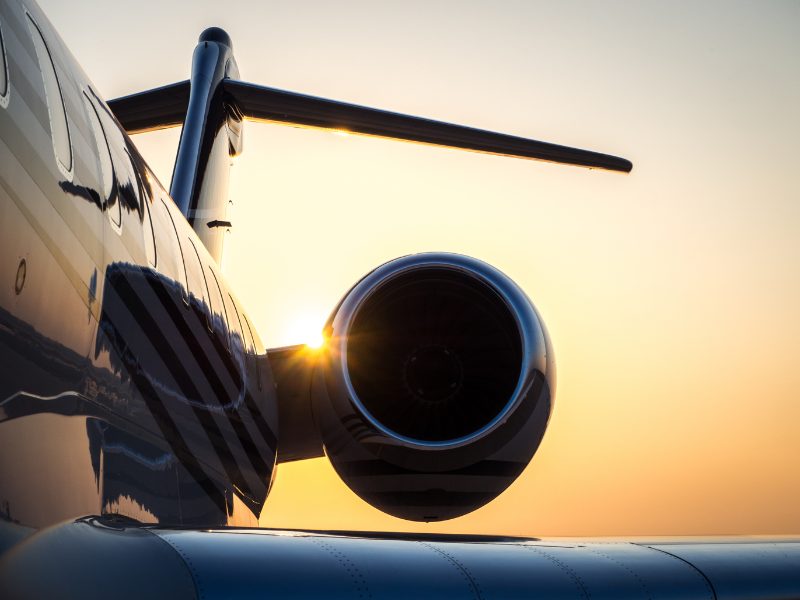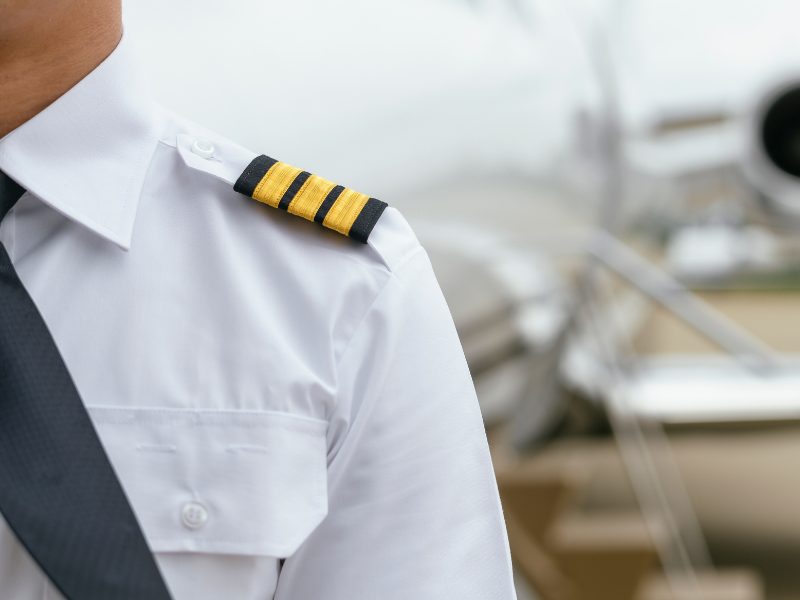
The private air charter industry in both the United Kingdom (UK) and the United States of America (USA) plays a critical role in meeting the demands of business travellers, tourists, VIPs, and cargo transportation.
The private air charter industry in both the United Kingdom (UK) and the United States of America (USA) plays a critical role in meeting the demands of business travellers, tourists, VIPs, and cargo transportation.
As private charter has become more popular and affordable in modern times, it’s imperative to ensure the safety, security, and compliance of private air charter operations. We’re going to explore the regulatory frameworks that govern the private air charter industry in the UK and USA, shedding light on the key guidelines that underpin the industry’s safety, security, and compliance measures.
It should be non-negotiable for passengers that private air charter companies adhere to these formal regulations and your broker should be familiar with these details when planning for travelling parties.
Regulatory Bodies
Regulatory Framework in the United Kingdom
In the UK, the Civil Aviation Authority (CAA) is the primary regulatory body overseeing the private air charter industry. The CAA enforces regulations outlined in the Air Navigation Order and various Civil Aviation Publications (CAPs). These regulations encompass aircraft maintenance requirements, crew training standards, and operational protocols, ensuring that air charters adhere to the highest safety standards. Security measures include stringent airport security protocols, comprehensive passenger screening processes, and robust data protection standards.
Regulatory Framework in the United States

The Federal Aviation Administration (FAA) governs the private air charter industry in the USA. Key regulations fall under the Federal Aviation Regulations (FARs), particularly Parts 135 (commercial operators) and Part 91 (private operators). These regulations address aircraft maintenance schedules, crew qualifications, and detailed flight operation procedures. Security measures are overseen by the Transportation Security Administration (TSA), encompassing passenger and baggage screening processes. The FAA’s regulations are frequently updated to address emerging challenges and technological advancements in aviation.
Local vs. International Regulations
While both the UK and the USA follow rigorous safety and security standards, there are notable differences in their regulatory approaches and specific guidelines.
For instance, the categorization of operations under different parts of the FARs in the USA contrasts with the UK’s approach under the Air Navigation Order. Despite these differences, both the UK and the USA are signatories to international agreements and conventions related to aviation safety and security. These agreements, such as those established by the International Civil Aviation Organization (ICAO), serve as a framework for harmonizing regulations and standards globally. Private air charter operators must align their practices with these international standards, ensuring consistency and cooperation in the global aviation community.

Safety Regulations
Aircraft Certification
Both the UK and the USA have stringent requirements for aircraft certification. Private air charter operators must ensure that their aircraft meet specific safety standards and undergo regular maintenance and inspections to remain airworthy.
Part 135 Certification ―for charter flights in the United States, compliance with Part 135 regulations is key. This certification, issued by the FAA, ensures that the aircraft, crew, and operator adhere to specific safety and operational standards. Always ensure your operator can confirm that they hold a valid Part 135 certificate.
European Aviation Safety Agency (EASA) ― in Europe, private aviation adheres to the regulations set forth by EASA. Similar to Part 135 in the United States, EASA certification ensures that operators comply with stringent safety and operational requirements.
Pilot Certification
Pilot qualifications are crucial for ensuring safe charter operations. Regulations in both the UK and USA, require pilots to hold the appropriate licenses, ratings, and experience levels. Ongoing training and recurrent testing are also mandated to maintain proficiency throughout their careers.
Operational Considerations
Understanding the distinctions between Part 91 and Part 135 operations is crucial, as these regulations delineate the operational requirements based on the purpose of the flight.
Part 91 Operations
Part 91 of the Federal Aviation Regulations outlines the general operating and flight rules for civil aviation in the United States. It applies to non-commercial flights, such as those conducted for personal or business purposes where the passengers do not pay for the transportation.
Part 135 Operations
Part 135, on the other hand, pertains to commuter and on-demand operations. For private jet charters where passengers pay for transportation, compliance with Part 135 regulations is essential. These regulations set forth safety, maintenance, and operational standards that ensure a higher level of scrutiny and oversight for commercial flights.
Maintenance Standards
Maintenance standards are also crucial for the safety of private charter flights. Operators must adhere to strict maintenance schedules and procedures, ensuring that aircraft are in optimal condition to fly. This will include both line and base maintenance. While line maintenance focuses on immediate troubleshooting and minor repairs, base maintenance involves comprehensive inspections and repairs that require more time and resources.
Safety Management Systems (SMS)
The implementation of SMS is encouraged to enhance safety in the private air charter industry. This system involves risk assessment, safety reporting, and continuous improvement measures to mitigate potential hazards.

Security Regulations
Background Checks
Both the UK and the USA require background checks for all individuals involved in private air charter operations. This includes pilots, crew members, and ground personnel to ensure safety and security.
Access Control
Security regulations mandate strict access control measures at airports and private terminals. Charter operators must implement security protocols to prevent unauthorized access to aircraft and facilities.
Cargo Security
Regulations exist to ensure the safe handling and screening of cargo on private charter flights. This is particularly important in preventing potential threats to national security.
Compliance & Licensing
Operating Certificates
Private air charter operators must obtain the necessary operating certificates or licenses to conduct business legally. These certificates are issued by the CAA in the UK and the FAA in the USA, and they signify compliance with all relevant regulations.
Insurance Requirements
Both countries have minimum insurance requirements to cover liability in case of accidents or incidents. Adequate insurance coverage is a crucial aspect of compliance.
Financial Responsibility
Private charter operators are required to demonstrate financial responsibility to cover potential liabilities. This ensures that passengers and third parties are adequately protected in case of accidents.
Environmental Regulations
In recent years, environmental concerns have become increasingly important. Private charter operators must comply with emissions and noise regulations to minimize their impact on the environment.
Safety & Compliance Audits
Regular safety and compliance audits are conducted by the respective regulatory authorities in both the UK and the USA. These audits are designed to assess the adherence of private air charter operators to established regulations and standards. Operators found to be in violation of these regulations may face penalties, fines, or suspension of their operating certificates.
Safety Culture & Training
Safety culture is paramount in the private air charter industry. Operators are encouraged to promote a culture of safety within their organizations. This includes providing regular safety training for all personnel, fostering open reporting of safety concerns, and continuous improvement in safety practices.
Challenges & Future Developments
While the regulatory frameworks in the UK and USA have made significant strides in enhancing safety, security, and compliance within the private air charter industry, several challenges and future developments must be considered:
Technological Advancements
The rapid advancement of aviation technology, including the use of unmanned aircraft systems (UAS), presents new challenges and opportunities for regulation and safety enforcement.
Cybersecurity
The increasing reliance on digital systems in aviation poses cybersecurity threats that must be addressed to protect private charter operations from potential cyberattacks.
Environmental Concerns
With growing awareness of environmental issues, there is a push for stricter environmental regulations in the aviation sector. Private charter operators will need to adapt to meet these evolving standards.
Carbon offsetting programs
Carbon offsetting programs reduce the environmental impact of flights by investing in initiatives that reduce or capture an equivalent amount of carbon emissions.
Sustainable Aviation Fuel (SAF)
You may also have the option to charter a private flight that uses Sustainable Aviation Fuel (SAF), which is a more environmentally friendly alternative to traditional aviation fuel. Operators embracing SAF contribute to reducing the carbon footprint of private aviation.
Globalization
The globalization of the private air charter industry requires greater international cooperation in harmonizing regulations and standards to ensure safe and compliant operations across borders.

Summary
The private air charter industry in the UK and USA operates within a well-established regulatory framework designed to ensure safety, security, and compliance. Both countries place a strong emphasis on aircraft and pilot certification, maintenance standards, security measures, and compliance with international standards.
While challenges and future developments in technology, cybersecurity, environmental concerns, and globalization persist, the commitment to enhancing safety and security in the industry remains paramount. Through ongoing collaboration between industry stakeholders, regulatory authorities, and international organizations, the private air charter industry can continue to thrive while maintaining the highest levels of safety and compliance.
Private aviation, with its promise of exclusivity and efficiency, opens up a world of possibilities for travellers. However, a successful private jet charter experience hinges on a thorough understanding of the regulations and guidelines that govern the industry.
Next steps
You can rest assured that when you charter a private flight with Chapman Freeborn, we have all the bases covered. Our 50 years of heritage demonstrate our commitment to upholding every regulation and standard required, with an exceptional record for safety and service excellence.
If you’re thinking of chartering a flight, get in touch with our expert team who can talk you through every step of the process from flight safety, aircraft selection, on-board requirements, and ancillary services pre- and post-flight.
You can reach our specialist team on [email protected]